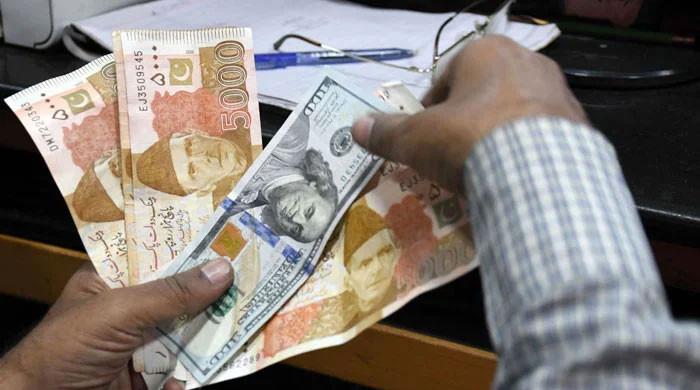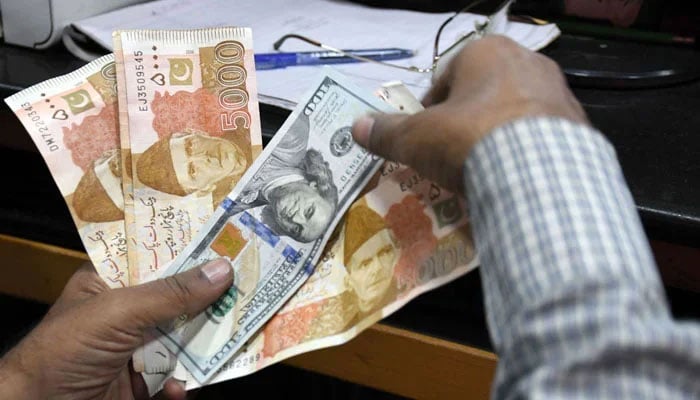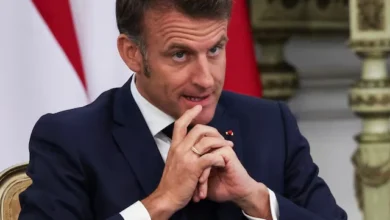Rupee expected to depreciate by end of 2024 despite IMF bailout hopes


- Rupee expected to trade at Rs325 against dollar by June 2025.
- Might likely depreciate to Rs295 by end of December 2024.
- Policy rate to remain between 17% to 19% by this year’s end.
KARACHI: The Pakistani rupee, which is currently being exchanged at Rs278 against the dollar, is expected to depreciate to Rs 295 by the end of December 2024 despite the government’s hope of securing a new bailout package from the International Monetary Fund (IMF), The News reported on Sunday.
“As Pakistan navigates these turbulent waters, we expect economic challenges to persist in the near term with elevated inflation and demand contraction,” said Tresmark in a client note issued a day earlier.
The prediction comes after Minister of State for Finance Ali Pervaiz Malik’s remarks claiming that the government was looking forward to an IMF bailout in excess of $6 billion after addressing all of the lender’s requirements in its tax-heavy budget.
In the budget, the government increased the taxes on the already burdened salaried class, brought exporters into the normal tax regime, increased the petroleum levy and imposed new taxes on the real estate sectors, among others, to increase revenue generation aimed at stabilising the country’s economic indicators.
“We hope to culminate this [IMF] process in the next three to four weeks,” Malik told Reuters.
This week, the rupee traded within narrow ranges due to balanced supply and demand dynamics for dollars in the market and saw slight fluctuations throughout the week before recovering losses to close at Rs278.37 on Friday.
Elaborating on the performance of the local currency, Tresmark’s notice said that the rupee is projected to trade at Rs295 against the dollar by this year’s end and at Rs325 by June 2025.
Positive indicators such as a narrowing trade deficit and a resilient stock market suggest a gradual economic recovery and an expected IMF agreement, anticipated to bring in between $6 billion to $8 billion, is seen as crucial for stabilising the economy, Tresmark noted.
However, potential implications from the Finance Bill’s tax measures and escalating fuel prices may further strain purchasing power and demand, the report cautioned.
On the policy rate issue, it said that it is anticipated to remain between 17 to 19% by December 2024 to counter growth-related inflationary pressures
Meanwhile, Sakib Sherani, an economist who heads the private firm Macro Economic Insights, is of the view that a quick deal with the IMF was needed to avoid pressure on the country’s foreign exchange reserves and the currency due to maturing debt repayments and the effects of unwinding of capital and import controls that were applied earlier.
Source link



